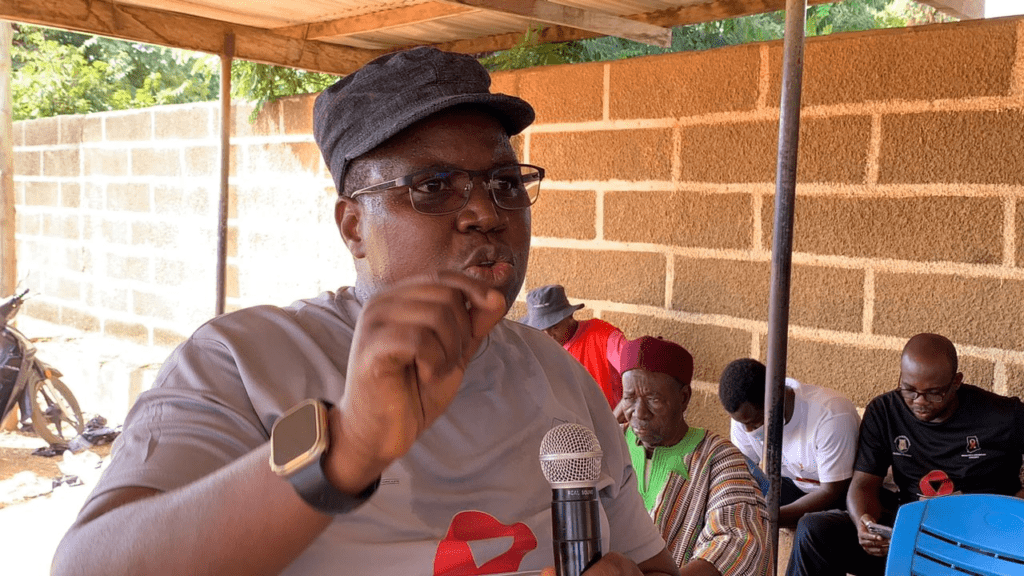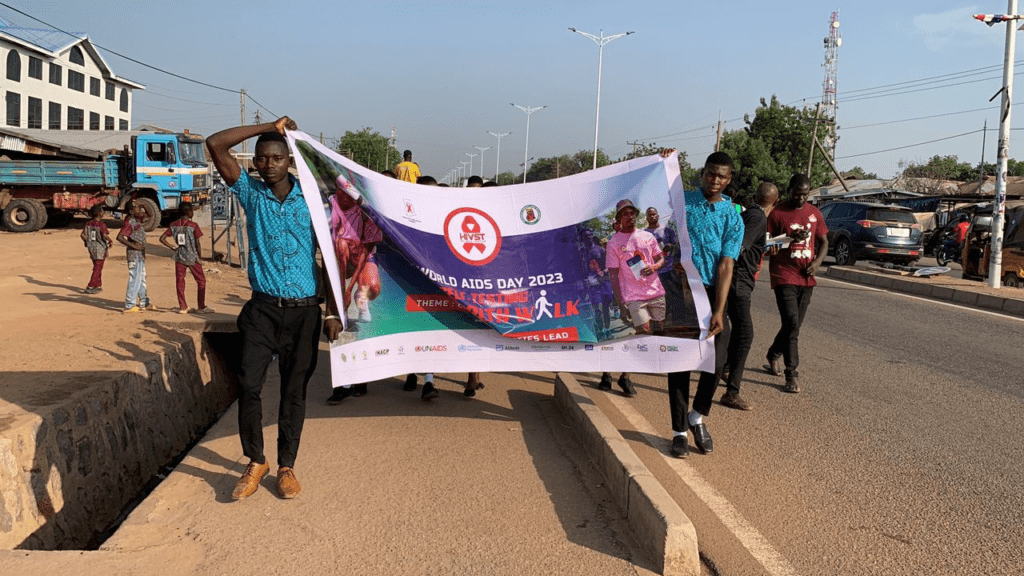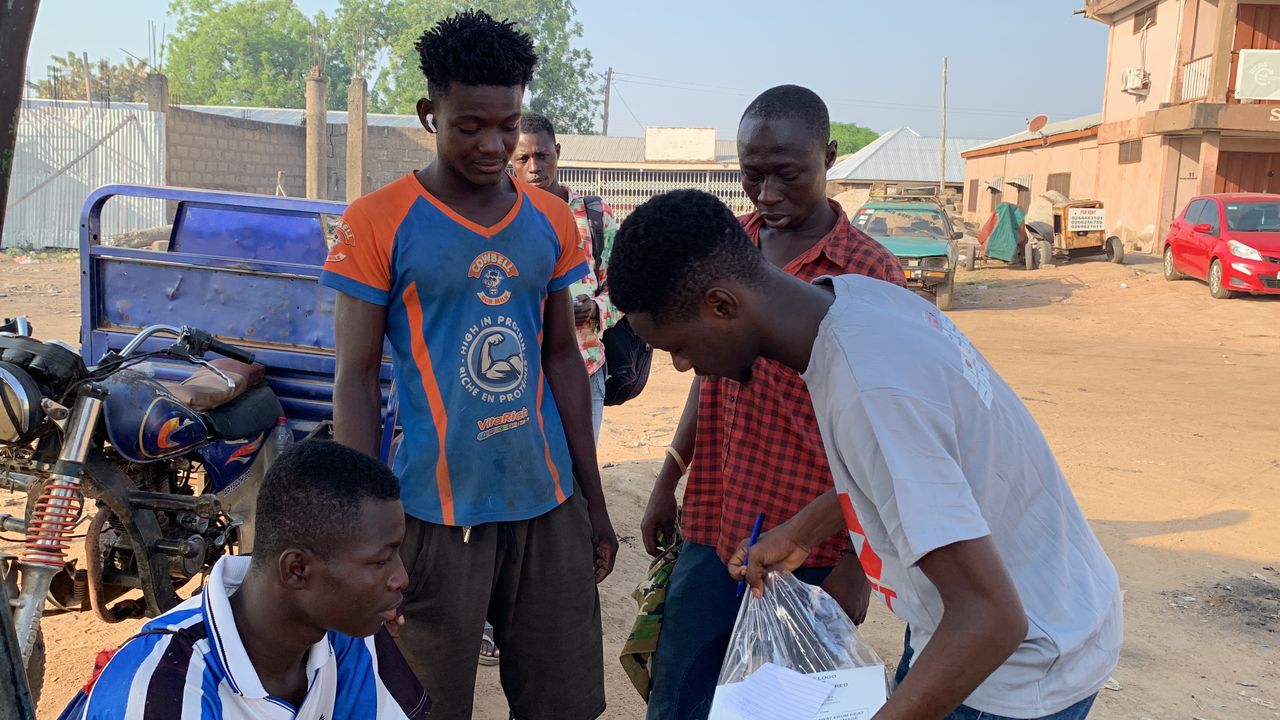Upper East Region is facing a significant rise in new HIV infections among adolescents, prompting a call for intensified efforts to address underlying causes and provide targeted support to this vulnerable group.
Sulemana Majeed, the Regional HIV/AIDS Focal Person, has expressed concern, stating that the HIV prevalence among adolescents ranges from 1.8 to 2.0 percent.
Majeed emphasises that without pragmatic measures to reduce the prevalence rate, the future for adolescents in the region appears bleak.
“The cause for worry is that the future generation, the adolescents whom we feel should stay negative and maintain their status because they are the productive force for the future, are those who are getting the new infection.”

The worrying aspect, according to Mr. Majeed, is that “it is not even the late adolescents; it is early adolescents between 10 to 14 years who are getting infected with the virus.”
The increasing trend of HIV infections among adolescents in the Upper East Region is attributed to factors such as a lack of HIV education, ignorance, and the vulnerability of young individuals to peer pressure for early sexual activity.
The Regional HIV/AIDS Focal Person, Sulemana Majeed, highlighted that with a population exceeding 1 million, over 7,000 people in the region are estimated to have been infected with the virus.
Approximately 5,000 individuals are still receiving medications at health facilities, while others have discontinued treatment for various reasons, such as feeling better, travel without informing facilities, or unfortunate deaths unrelated to HIV.
Majeed conveyed these concerns to the media after a health walk held in commemoration of World AIDS Day, celebrated over the weekend due to the concurrent National Farmers Day on December 1.

The theme for this year’s World AIDS Day celebration was “Let Communities Lead,” aiming to encourage individuals infected and most affected by HIV and AIDS to take on roles and initiatives that contribute to ending the disease as a public health concern by 2030.
A health walk, organized by the Ghana HIV and AIDS Network (GHANET) in collaboration with the Network of Persons Living with HIV (NAP+) and other stakeholders, marked the occasion. The event served as an opportunity to raise awareness about HIV self-testing (HIVST) and address various aspects related to HIV and AIDS.

The National Public Relations Officer of GHANET, Patrick Anamoo, said Ghana has now included blood-based methods of HIVST owing to the successful evaluations of the oral method. “CheckNOW is a blood-based method of HIVST that gives test results in just 15 minutes.
It is based on 3rd generation HIVST technology, which detects HIV-1 and HIV-2 antibodies in a fingerstick blood sample,” he explained.
Mr. Anamoo expressed confidence that the multiplication of HIVST testing options will help Ghana achieve the first 95 of the 95-95-95 UNAIDS targets. The Upper East Regional Chair of NAP+ says stigma remains a challenge to the fight to reduce the virus.

